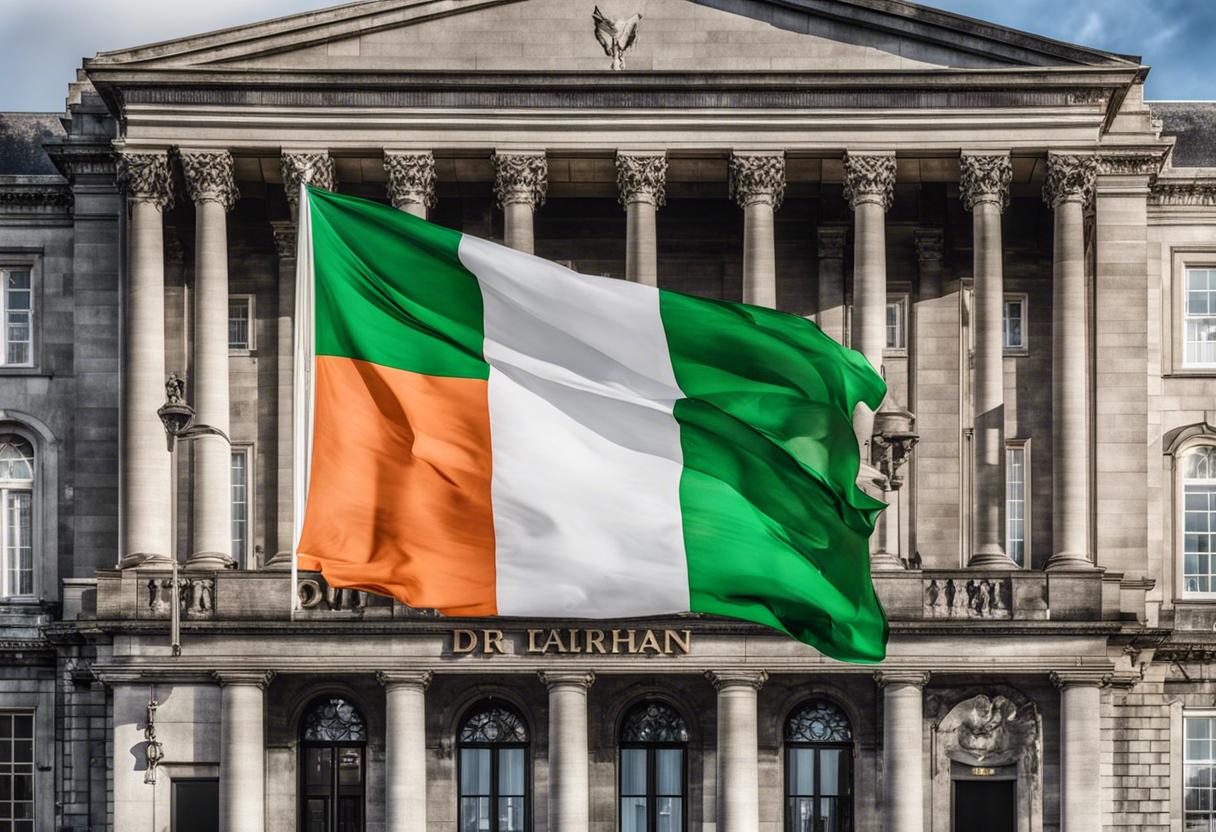Debate surrounding the European Union migrant and asylum pact continues, leading to the postponement of the Dáil vote until next week due to a suggestion from the Government Chief Whip, Hildegarde Naughton. The reason for the delay being that additional TDs desired to contribute to the conversation, a move contested by Sinn Féin and the Rural Independents. Despite their resistance, a Dáil tally of 74 to 68 led to the agreement of extending the debate.
This event aligned with a High Court request made by senior counsel Una McGurk, petitioning for the postponement of Dáil and Seanad voting on the pact’s measures until a public referendum had taken place. This case has been put on hold for now.
Earlier in the day, the Seanad had already endorsed the contentious pact with a vote of 30 to 11. During the argument, Minister for Justice Helen McEntee upheld that Ireland had voted decisively in the second Lisbon Treaty referendum to merge our sovereignty regarding security and migration issues.
Refusing the demands for a referendum on the debated European and Asylum Migration Pact and worries about sovereignty, McEntee asserted that Ireland is not under any external pressure and could willingly opt into the pact. She highlighted that the recurring issue of sovereignty had been addressed in the 2009 referendum, where it was agreed that issues concerning security and migration would be jointly handled.
The objective of the pact includes quicker and more efficient screening and processing of asylum applications, greater security checks, and expedited rejections of unsuccessful applications.
Independent Senator Michael McDowell was sceptical about the feasibility of the pact, dismissing claims of cases being resolved within a three-month timeframe. Using government statistics that indicate an annual influx of 25,000 to 30,000 asylum seekers, he deduced that it would require 120 cases to be handled each working day. “This is an unrealistic expectation,” he chastised. “Anyone proposing such is kidding themselves and misleading the Irish people.”
Joe Flaherty, a Fianna Fáil TD and Government backbencher, also noted in the Dáil that despite an increase in the number of asylum applicants in 2020 to 3,000, the country had proved unprepared and failed to preempt the global crisis as the count grew.
Stating that the EU’s collective efforts are vital to handling immigration issues, he warned that it is within the bloc that such challenges can be tackled effectively. Social Democrats TD Catherine Murphy voiced concerns about the partial information she’s obtained about the immigration pact. According to her, incoming individuals will be accommodated in facilities in proximity to the airport. Amid claims that it will not operate as a detention centre, she expressed her dissatisfaction due to the insufficiency of details provided and raised valid doubts regarding potential human rights infringements.
Sinn Féin’s Louise O’Reilly shared her party’s stand, stating that they advocate for the kind of system most Irish citizens favour – one that is just, competent, and operational. Nevertheless, she stressed that the strategies embodied in the pact do not align with Ireland’s best interest. Further asserting local decision-making often yields better results, she argued that uniformity is, invariably, not the right approach.

